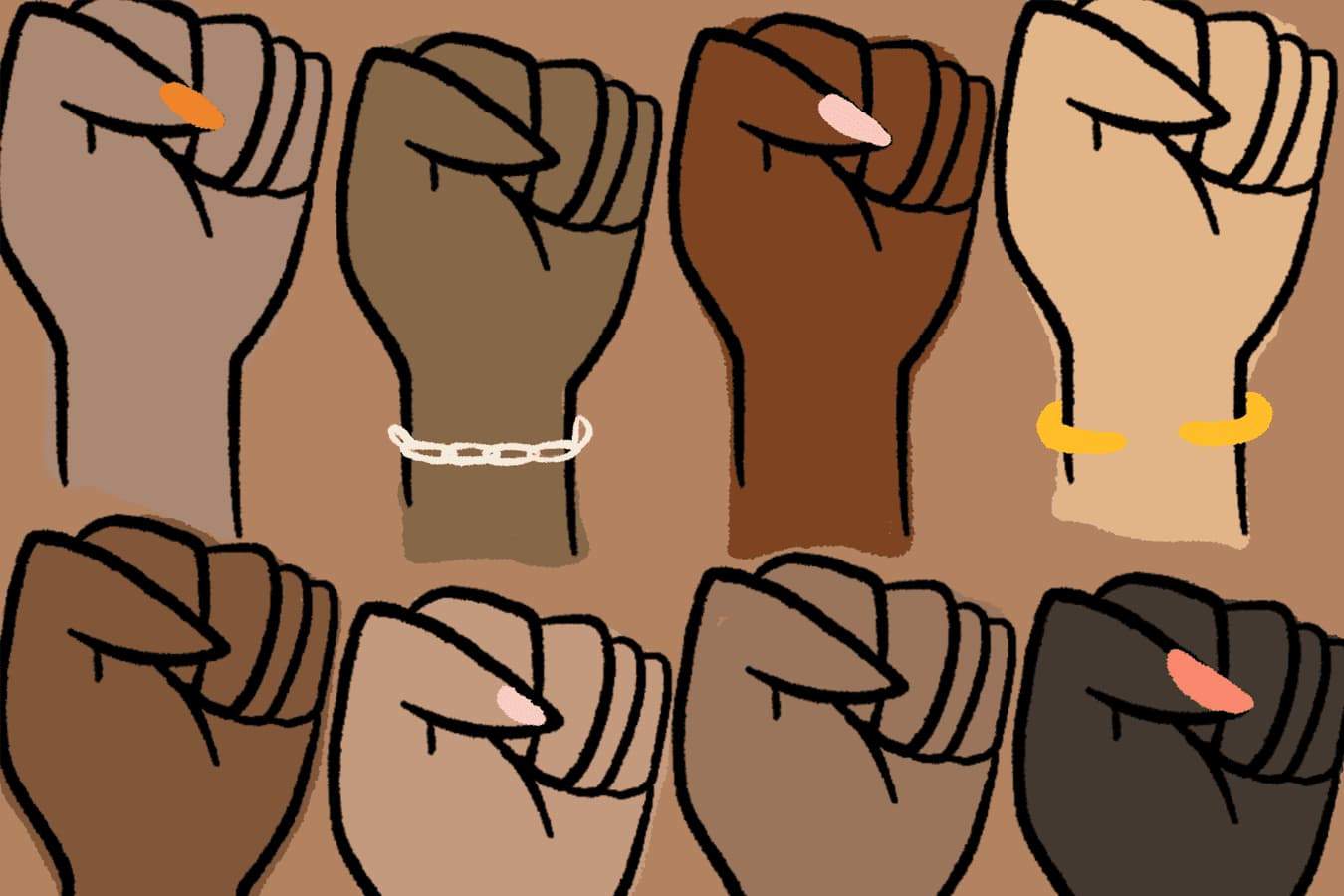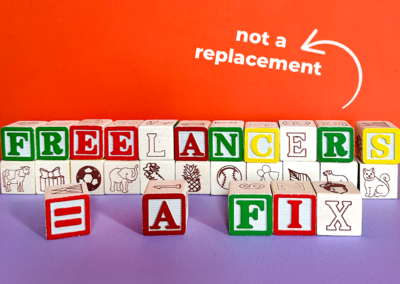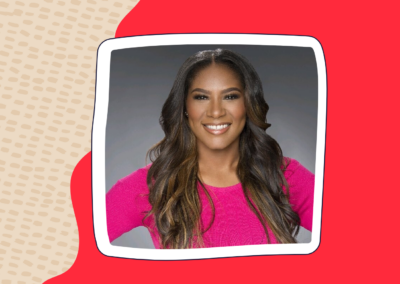American society is currently in the midst of a full-blown re-examination of the prejudice and racism that have existed throughout our history, and which continue to persist in the present moment. The intense pushback against systemic racism now taking place easily surpasses anything seen in the U.S. since the Civil Rights movement.
As we celebrate the 30th anniversary of the Americans With Disabilities Act (ADA), it is critical to recognize that this legislation did not spring into existence out of thin air. Rather, it follows on the heels of the Civil Rights movement, reflecting the hard-fought, years-long efforts of thousands of advocates for people with disabilities. Amidst the current unrest, the parallels between racism and discrimination based on disabilities have also not been widely commented on.
One of the most obvious parallels between discrimination based on disability (commonly known as “ableism”) and racism is judgment and exclusion based on factors beyond the victim’s control. No one chooses their ethnicity, nor do they choose to be disabled, yet many people are often marginalized and discriminated against based on race, disability, or both at once. As explained by writer Emma Olson in an article for Access Living.org, “Like racism and sexism, ableism classifies entire groups of people as ‘less than,’ and includes harmful stereotypes, misconceptions, and generalizations of people with disabilities.”
The hostility that drives both racism and ableism also often stems from fear, ignorance, and discomfort with perceived deviations from the “norm.” In the words of a 2017 report by Psychology Today, “Attitudes of extreme hatred are usually based on fear. They come from primitive survival mechanisms—our instinct to avoid danger—to fear anything that appears to be different, which leads to fear of the other.” This naturally raises the question of how to push back against a primal fear that seems to be so deeply ingrained in human nature.
The intersections between ableism and racism should not be discounted. At the same time, it is also important to recognize that ableism and racism have very different histories, and to not emphasize or diminish one at the expense of the other. “The “n-word” is steeped in oppression and conjures generational memories and trauma among African Americans,” Imani Barbarin, writing for Healthline.com, observed. “If we mix that in a cocktail of ableism and let people believe they’re interchangeable, we will remove Black disabled people and their needs from the disability conversation even more.” Barbarin added that “To paint all oppressions as the same ignores the intersections disabled Black people face.”
While ableism and racism are not interchangeable, the resources of combating them bear similarities. Education, starting in early childhood, that promotes understanding and empathy is a vital step towards diminishing fear and prejudice. In the words of a recent NPR report, “Whether it’s your work colleagues, teammates, your children or extended family, one way to change hearts and minds is to listen. When we stop talking and start listening, we validate others’ feelings and emotions. And we may find opportunities to educate.”
Eradicating destructive and dehumanizing systemic oppression like racism and ableism will take more than organized campaigns. The work starts within each individual in our society to unlearn the norms that led us here, and to lead with everyday efforts so that we can build a collective sense of inclusion and understanding.
Creative Spirit’s Socials: LinkedIn



